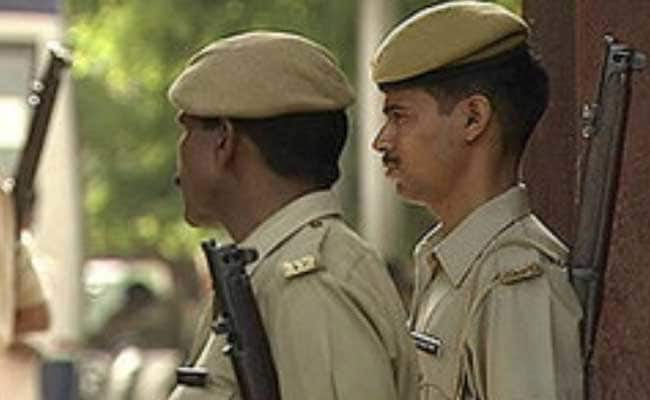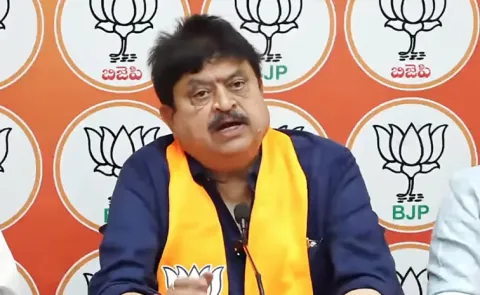Police Officers’ Association Condemns Jagan Comments
The recent remarks made by Y S Jagan Mohan Reddy, the president of the YSR Congress Party and former Chief Minister of Andhra Pradesh, have triggered a strong reaction from the Andhra Pradesh Police Officers’ Association. This condemnation marks a notable shift in the relationship between the police body and the former ruling party, considering the history of support the officers provided to Reddy during his tenure in office.
A Shift in Allegiance
During Reddy’s administration, which lasted from 2019 to 2024, the Andhra Pradesh Police Officers’ Association frequently came to his defense amid accusations from the opposition, primarily the Telugu Desam Party (TDP) led by N Chandrababu Naidu. The association often dismissed claims that Indian Police Service (IPS) officers were overly sympathetic or beholden to the YSR Congress Party’s agenda, insisting that the police force remained impartial and committed to maintaining law and order.
Background on the Accusations
Naidu’s criticisms were often directed at the integrity and independence of IPS officers, alleging that they were biased towards Reddy’s administration. These allegations sparked debates regarding professionalism within law enforcement and the potential implications of political affiliations on police operations. In response, the Andhra Pradesh Police Officers’ Association consistently stood by Reddy, providing a vital buffer against the political onslaught from the TDP.
Recent Developments and the Association’s Stance
However, the dynamics have notably changed recently. The specific comments made by Reddy, which were perceived as offensive or derogatory toward the police, have prompted a reevaluation of the association’s sentiments. In their latest statement, the Andhra Pradesh Police Officers’ Association expressed disappointment and concern over Reddy’s remarks, emphasizing the vital role of the police in serving the community without bias and in upholding democratic principles.
Implications for Political Relationships
This condemnation by the police association not only indicates a potential rift between the law enforcement community and the YSR Congress Party but also highlights the sensitive nature of police involvement in political discourse. Observers suggest that this shift could have implications for the upcoming political landscape in Andhra Pradesh, where alliances and support from influential organizations like the police can significantly affect public perception and electoral outcomes.
Conclusion
As the situation develops, all eyes will be on how this newfound tension impacts the Andhra Pradesh Police Officers’ Association’s future interactions with political leaders and their role in ensuring an impartial and fair administration. It is a reminder of the complexities involved when politics intersects with law enforcement, and the expectations of both the public and the political sphere on the integrity of police operations.



